![]()
»Turkey and challenge of Iraqi Popular Mobilization Forces
Although Turkey has suffered terrorist attacks, it also cooperates with terrorist groups. Turkey wants to expand regionally, with Erdogan seeking to expand his influence in the Middle East to revive the Ottoman Empire– a goal that is strongly inconsistent with the sovereignty of both Iraq and Syria. Iraqi forces’ marching towards Tal Afar to cut ISIL’s supply line from Syria might engage in a fight with Turkish troops that are stationed in this city on the pretext of defending the Turkish residents. During talks with the United States, Turkey warned against Popular Mobilization forces entering the city of Tal Afar. Now with these forces heading towards the city, if Turkish troops engage in a fight with the Popular Mobilization forces, then Turkey will certainly receive objections from world’s public opinion because eliminating terrorism is a global demand as much as a key goal for Iraqis.
An Editorial in Afarinsh newspaper Dec. 7th, 2016
»Criticism of Rouhani’s speech on Iranian Student Day
Even though Rouhani held a meeting with students, there were no students in the audience, as they were mostly from officials and political leaders, and students were not allowed to attend the meeting except for a limited number who were carefully selected. As usual, Rouhani only talked about the nuclear deal—quantitatively speaking, he allocated 43% of his speech to the nuclear deal and 26% to the importance of “Omid” (the coalition formed by Rouhani). On the other hand, economic issues did not take more than 9% of his speech –mostly about metal exports, unemployment, and inflation. He eventually gave 21% of speech time to criticisms. In the end, boredom prevailed among the audience because of these repetitious subjects.
An editorial in Resalat Newspaper Dec. 8th, 2016
»Iran’s road map for regional security
The International Conference on Regional Security Order in West Asia in Tehran, which is the first of its kind, focused on the role of Iran and other countries in establishing security in this sensitive region of the world, as well as on the need to identify the risks facing the region. It also discussed thoroughly the participation of all states to make necessary decisions to reach this goal.
Iranian Parliament Speaker, Ali Larijani believes that Iran’s stances and steps are towards bringing peace back to the region. He emphasized the significance of the West Asia region as it has been at the center of conflict among great powers. Larijani continued West Asia which is called the heart of the earth is now suffering from security disorder while stressing that Sykes-Picot agreement failed in creating sustainable security in the region. In the wake of this agreement, Iranian Parliament Speaker said, many wars and proxy wars broke out in the region, creating insecurity and distrust towards large countries.
On the role of regional powers, Larijani said that Iran, Saudi Arabia, Turkey, Egypt and other countries can create security and stability in the region through their unified efforts to fight terrorism, rather than competing with each other. He called on all states in the region, especially Saudi Arabia, to realize that Iran is not an enemy, as Iran will respect these countries’ role in creating security and stability in the region.
An Editorial in Donyaie Eghtisad Newspaper Dec. 12th, 2016
![]()
♦ Truth-finding committee to examine authorities ‘astronomical salaries’
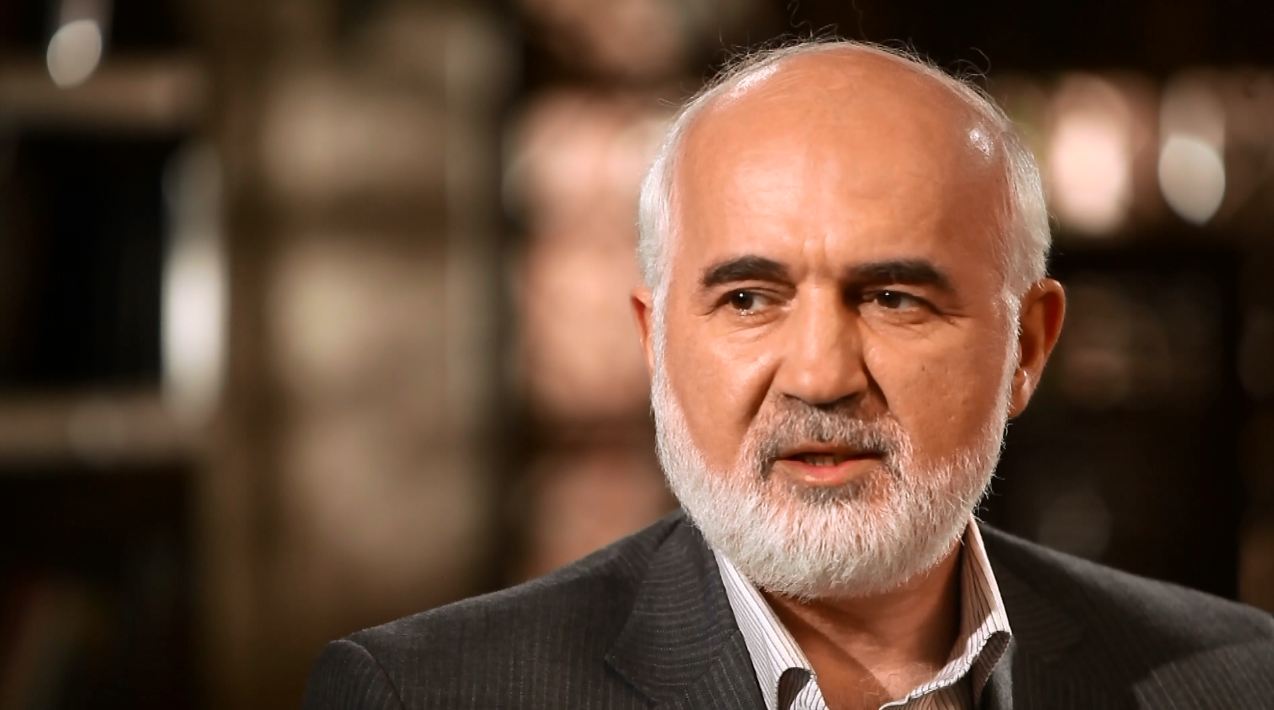
Ahmad Tavakoli, the former lawmaker, and conservative politician announced the formation of a truth-finding committee to examine “astronomical salaries” in Iran’s executive, legislative and judiciary branches. Tavakoli, who is also the founder of the NGO Justice and Transparency Watch, said that a minister was forced to resign from directing boards of 18 companies, “but now 14 companies are in his wife’s and children’s hands.” Ahmad Tavakoli, talking in a conference called “Anti-Corruption; Studying Reasons for Failure in Combatting Corruptions in the Country” in Isfahan, also mentioned the lack of free press in combatting corruption in Iran.
Alef Website
♦ Iran Foreign Minister: U.S. better be committed to JCPOA
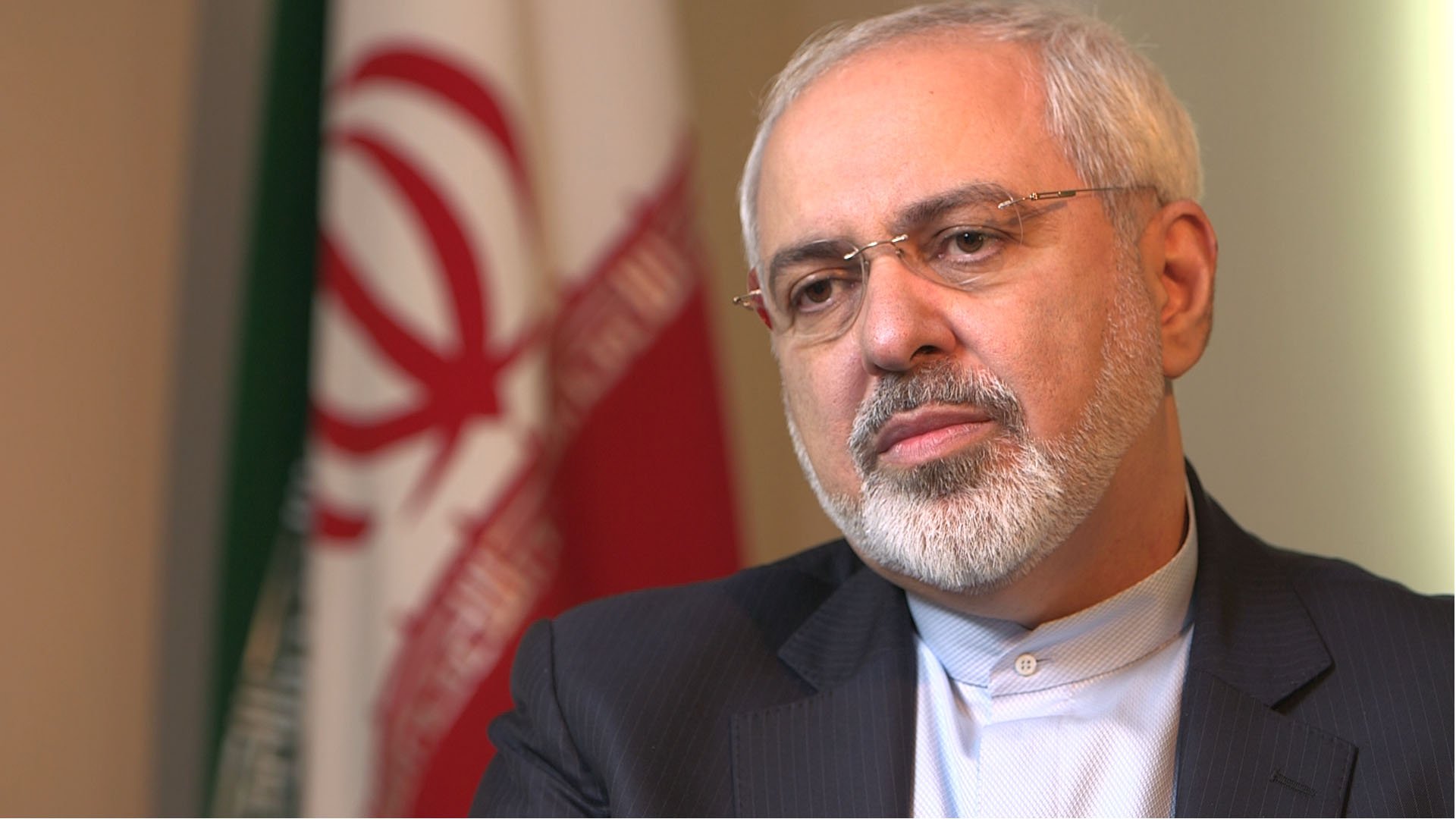
Iran’s Foreign Minister said that the nuclear deal is not a bilateral agreement between the U.S. and Iran, so “the U.S. cannot simply talk about further negotiations or breaking it.” Mohammad Javad Zarif added that Iran’s deal includes not only the European Union but also has been ratified in a resolution by the United Nations. Zarif, addressing Japanese intellectuals and diplomats in Tokyo, said that it is to the benefit of the U.S. and other parties to adhere to this international agreement. “Even if Americans have the ability to impose sanctions [against Iran again], what will they gain?” asserted Zarif. “If Americans could destroy our economy by imposing sanctions, why did they come to the negotiation table?” Responding to a question about sanctions on dollar-based transactions, Zarif said that it is the U.S., which has deprived itself [of benefits].
IRNA News Agency
♦ Iran claims 1 million youth ready to go to Syria
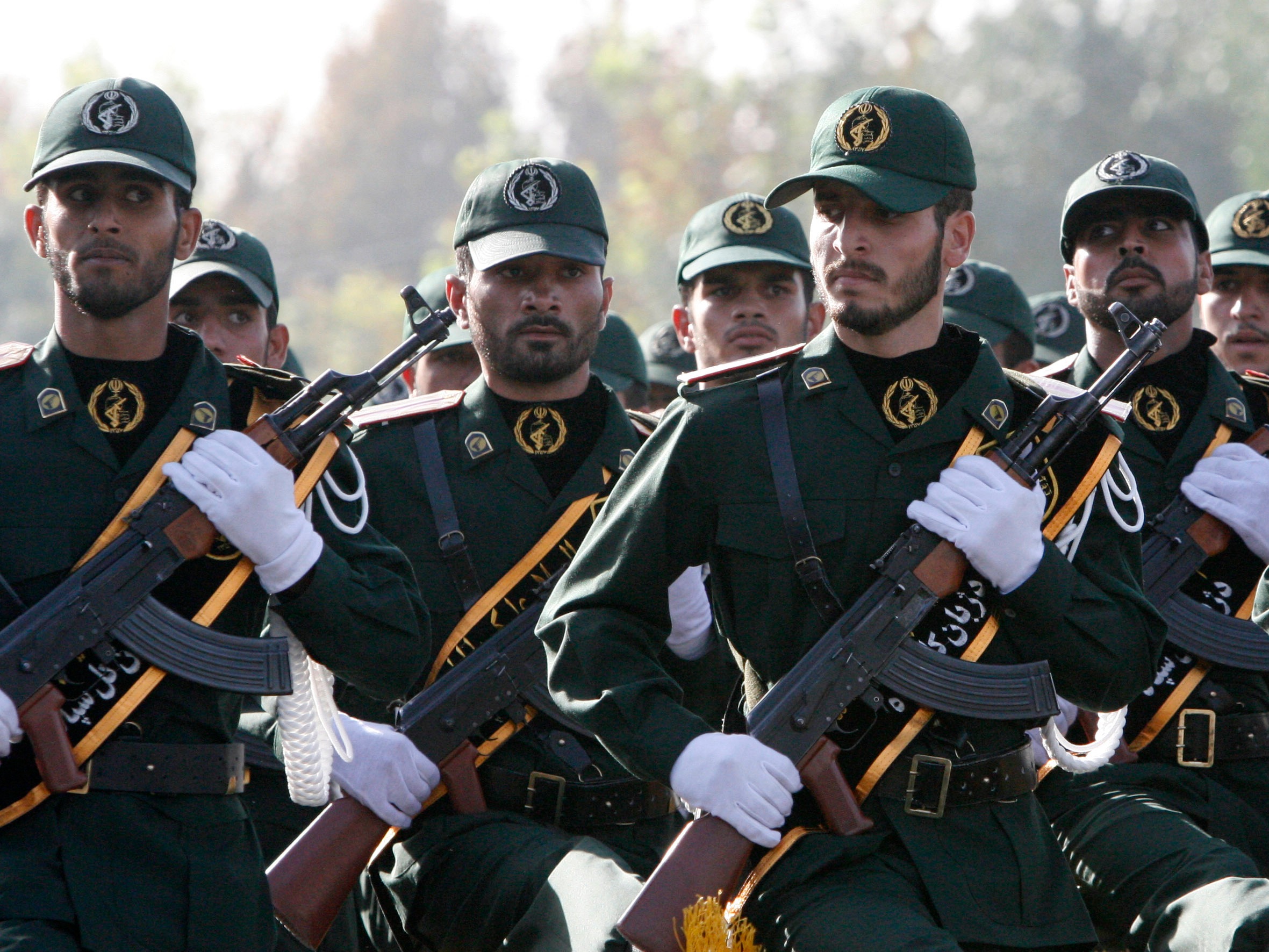
Vice-Chairman of the Iranian Parliament’s National Security and Foreign Policy claimed that if the Supreme Leader declares Jihad in Syria or Iraq, more than a million youths are in line to be deployed to those countries. Abulfazl Hassanbeiki stated, “Many have registered in this regard, and there is a lot of pressure for being deployed.” He added, “there are many teenagers among the volunteers.”
Mizan News
♦ Iran signs first shipbuilding contract with South Korea

Iran Shipping Lines (IRISL) inked a contract with South Korean Hyundai Heavy Industry (HHI) Group to order ships, financed by Korean financiers. Based on the contract signed in Seoul on December 9, HHI will build 14500 TEU class containerships and 49000 DWT product/chemical carriers for IRILS. This would be the first order of shipbuilding for the Iranian companies in the wake of a nuclear deal between Iran and 5+1, and its implementation early this year.
Etilaat Daily
♦ Arrest for criticizing the Iranian government’s economic policies
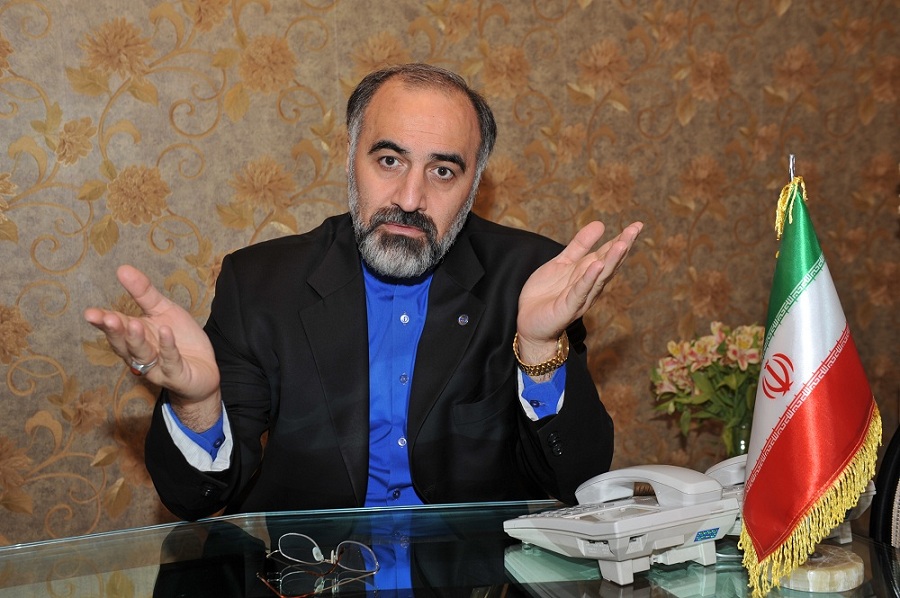
Son of Mohammad Reza Sabzalipour, head of the Iranian World Trade Center, told Tasnim News that his father is being transferred to prison for criticizing the economic policy of the government and Central Bank. Ali Reza Sabzalipour added, “In the recent months, my father received many notices from Central Bank about criticizing this bank, asking him to keep quiet.” He continued that in the legal case formed against his father, it is written that he talks recklessly about government’s economic conditions and Central Bank’s policies. Ali Reza Sabzalipour said, “My father’s bail is set for 1 billion tomans. And as he cannot post the bail, he’s being transferred to prison.”
Tasnim News
♦ Government covertly ratifies bill against Ahwazi farmers
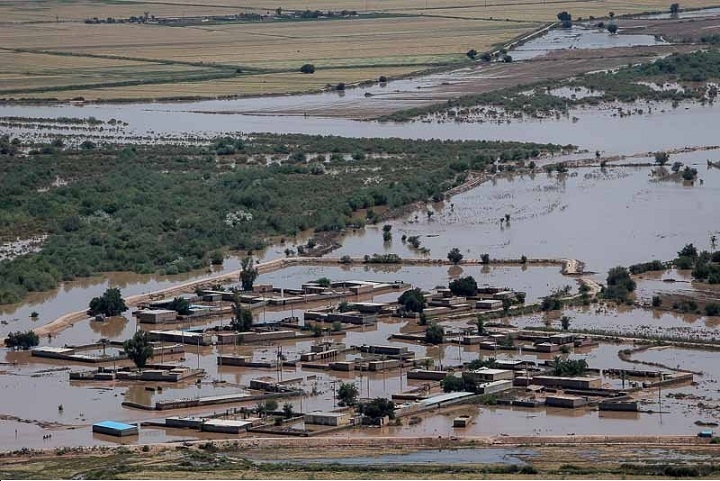
Head of Coordination Council for Ahwazi’s Agricultural Organizations said that the government has secretly ratified a bill, which is a detriment to people of Ahwaz province. Massoud Asadi added that the bill, which is about transferring water from Karoun River to the city of Isfahan “shows the government’s dishonesty towards people of Ahwaz.” He also maintained that transferring water has created serious concerns among farmers in this province. “In his first trip to Ahwaz, the President openly promised that any water transference from Ahwazi sources, unless for drinking usage, would be prevented,” said Asadi, “yet the government’s secret ratified bill confirms implementing water pipeline to Beheshtabad [village].”
He pointed out that a major part of people in Khuzestan not only suffer from drought but also are deprived of proper drinking water. However, it seems that farmers in Isfahan get preferential treatment as they are the only farmers to whom the government pays financial damages in case of lack of water supply, he asserted.
Fars News Agency
♦ Salehi’s objection to U.S. Energy Secretary over extension of sanctions
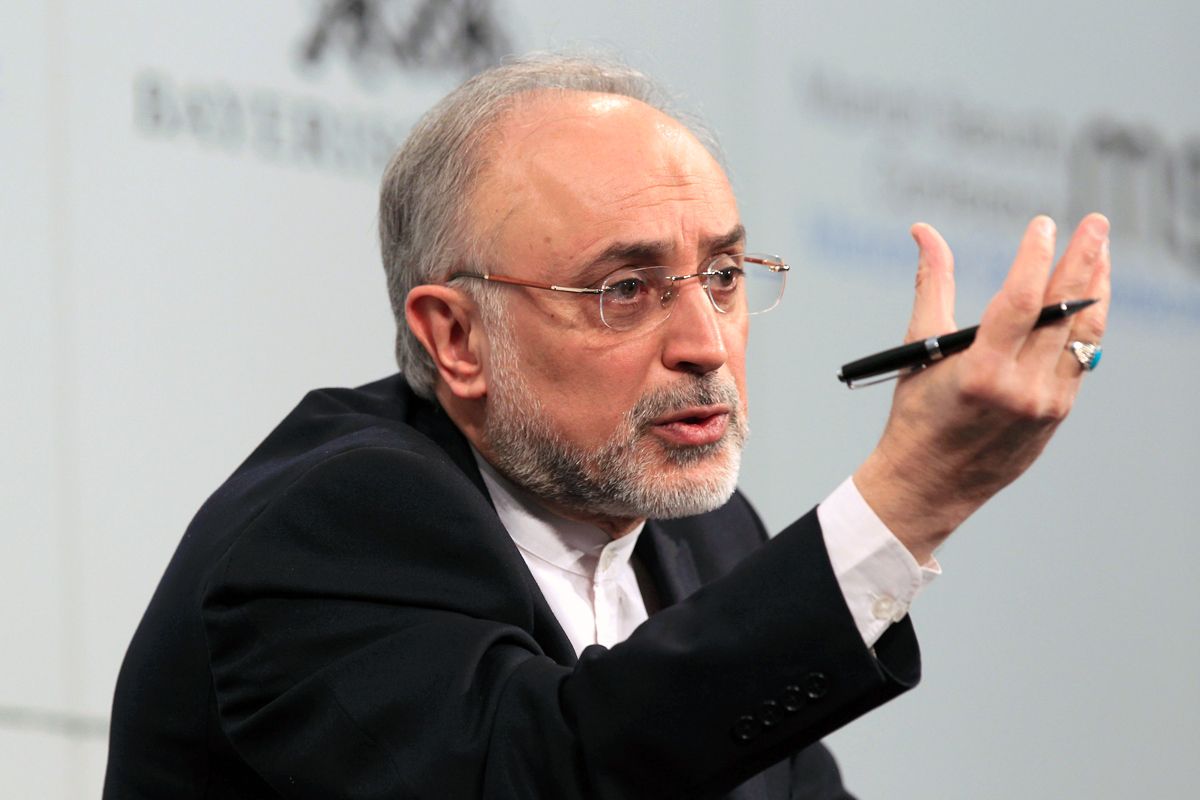
Head of Atomic Energy Organization of Iran, Ali Akbar Salehi, met with the U.S. Energy Secretary, Ernest Moniz in Vienna, expressing serious concerns over the extension of Iran Sanctions Act (ISA) in U.S. Senate. Referring to Iran’s thorough commitment to all its obligations, Salehi called for the U.S. to commit to preventing (ISA) implementation. Salehi stressed on Iran’s right to react accordingly. Also, the U.S. Energy Secretary emphasized on the U.S. government commitment to JCPOA, saying, “the U.S. president will still use all his powers to stop implementation of all those parts of (ISA) which are not in accordance with JCPOA.”
Alef Website
♦ Water crisis in Iran is growing
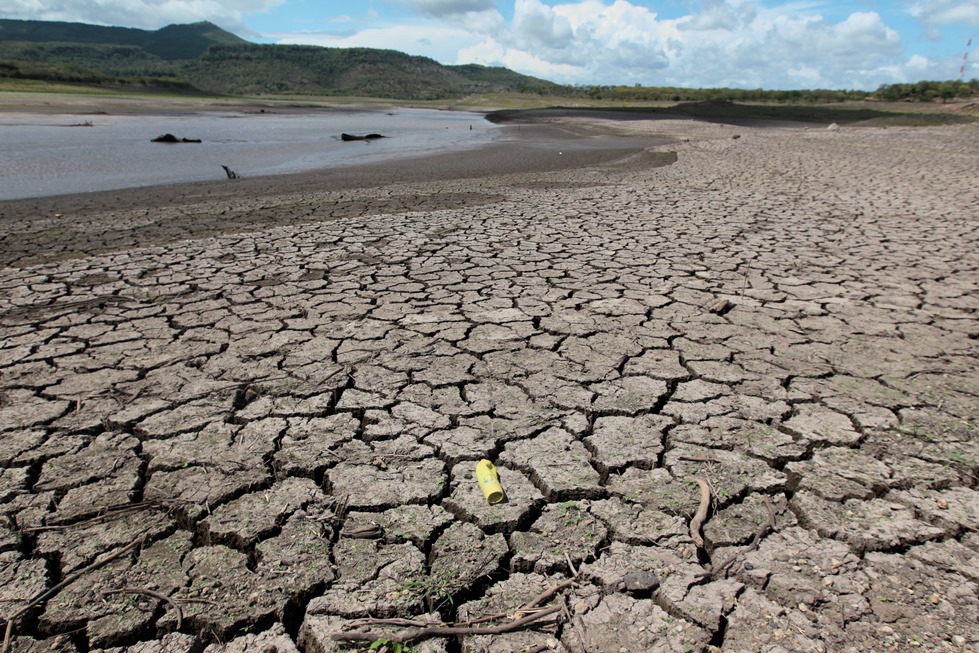
Managing director of Iran Water Resource Management Company, Mohammad Haj-Rasouliha, announced that the water crisis and drought in Iran have been continuously growing in the recent years. He added, “This problem should be considered as a national one—and not a regional—issue, and with media’s help, it should turn into a national challenge.” He stated that until 2050, approximately 65 countries with 7 billion population will be facing a shortage of water, and Iran, with its annual precipitation as less than one-third of global precipitation average, will face ecological difficulties. Haj-Rasouliha added that the increase in evaporation and decrease in annual precipitation in the recent years has fueled this challenge.
Etilaat Newspaper
♦ S-300 missiles delivered to Iran
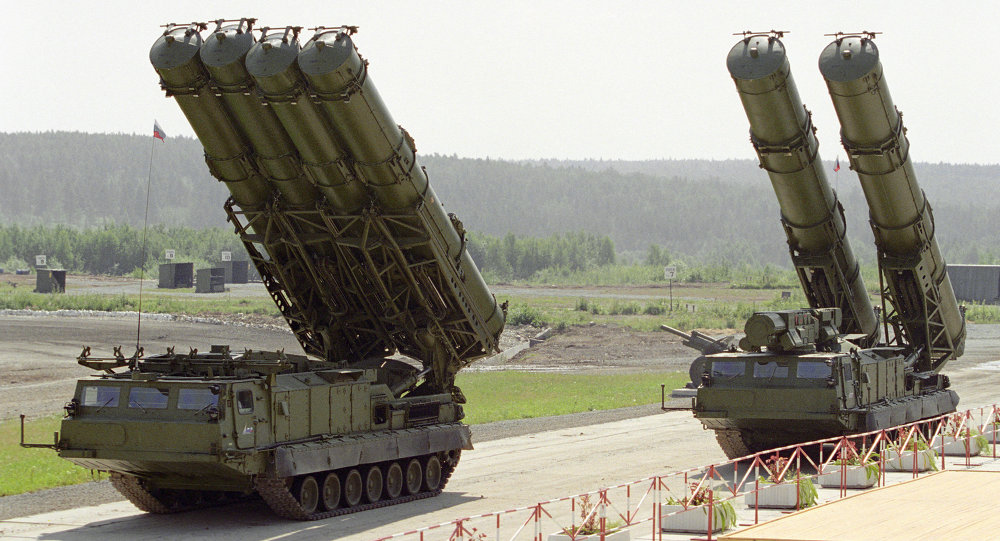
A spokesperson for National Security and Foreign Policy Commission in the Iranian Parliament said that all parts of S-300 air defense missile systems were delivered to Iran. Hossein Naghavi added “S-300 project –despite many ups and downs– has become operative, and this technology is now in possession of “Islamic Republic”.” His deputy, Abolfazl Hassanbeiki, told Mellat News Agency that with the completion of S-300 delivery, Iran “should start talks over S-400 missile systems.” Russian president aide, Vladimir Kojin confirmed the delivery of S-300 to Iran, saying, “Iran has made all necessary payments in this regard.” He added that Iran has withdrawn its complaint about the delay in S-300 delivery.
ICANA News
♦ Rafsanjani: WikiLeaks documents shed light on revolution’s vague points
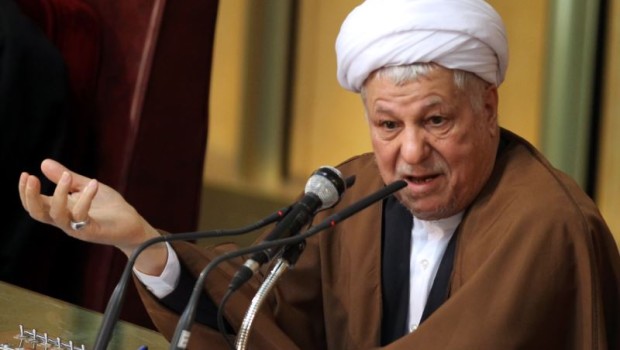
Chairperson of the Iranian Expediency Council, Akbar Hashemi Rafsanjani, referred to the disclosure of new documents by WikiLeaks about the Iranian revolution victory, saying, “These documents can shed light on many vague issues of [Iran’s] revolutionary struggles.” Rafsanjani added, “If true, these documents can clarify many things about the last months of fighting [against Shah] and first months after the “Islamic revolution” victory.” WikiLeaks recently released more than 500 thousand U.S. diplomatic cables from 1979, covering many incidents including the 1979 revolution. WikiLeaks Founder Julian Assange sees 1979 as “Zero Year” of the modern era.
Mehr News Agency
♦ Iran Official: Mousavi, Rahnavard, Karroubi house arrest is illegal
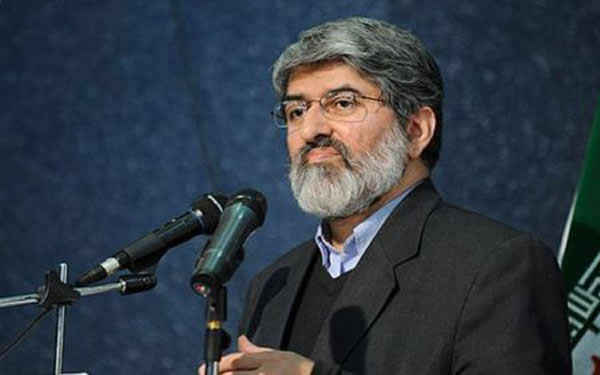
Deputy Speaker of the Iranian Parliament, Ali Motahari, expressed his views about the house arrest of the Green Movement leaders again, emphasizing that it unlawful. He added that the house arrest is against Articles 32 and 37 of Iran’s constitution and no one can be arrested without a court order. Motahari urged that per Article 37, “Innocence is to be presumed, and no one is to be held guilty of a charge unless his or her guilt has been established by a competent court.”
Radio Farda Website
♦ Five significant figures of Iran 2017-18 budget
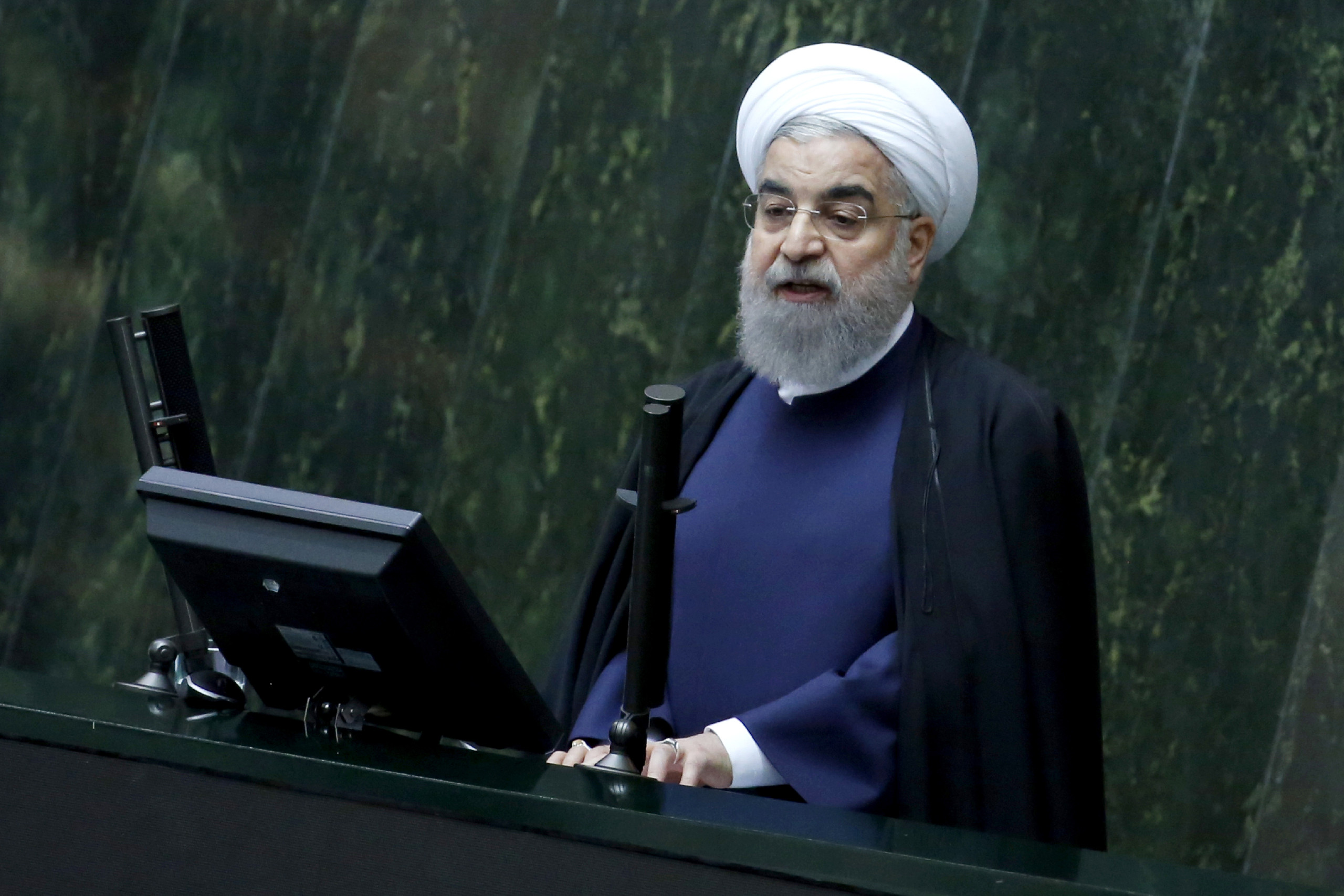
President Hassan Rouhani presented Iran’s next year budget bill to the parliament for review and ratification. In this budget bill, which is 10,849,392,934 Riyals, oil price will be $50 per barrel, and the exchange rate for each US dollar will be 3300 tomans. Also, the National Development Fund of Iran will enjoy a 20 percent share. The two other key figures include 110,000 billion tomans from oil revenue and 112,000 billion tomans from tax revenue.
Mehr News Agency
♦ Iran to activate IR8 centrifuges to retaliate U.S. reneging promises
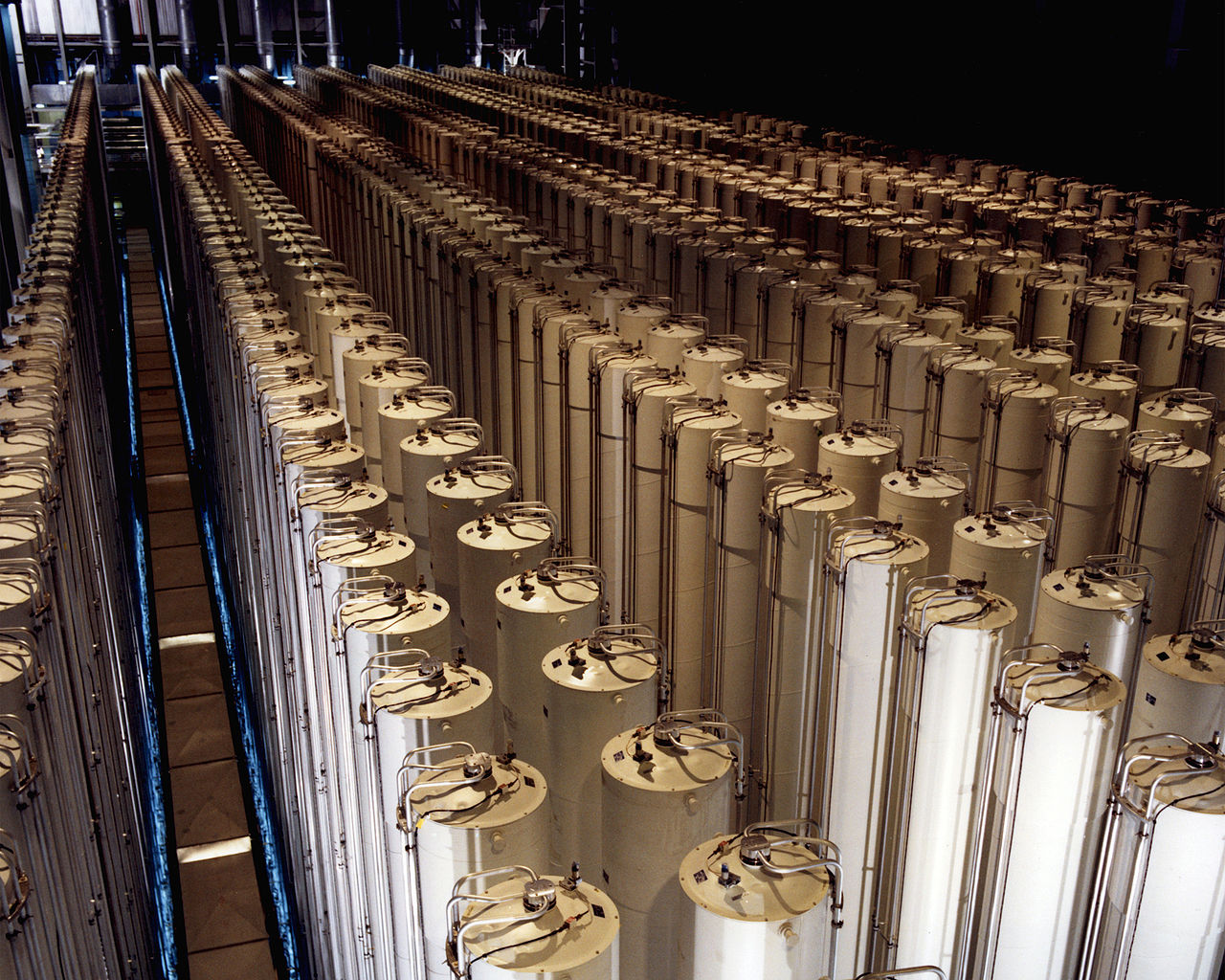
Advisor to Iran’s Parliament Speaker stated, “now that U.S. has not kept its promises, we can install and activate IR8 or IR6 centrifuges that belong to newer generations.” Mansour Haghightpour said that the recent U.S. Senate measures to extend Iran Sanctions Act (ISA) show that “U.S. has backed out from its promises to Iran, proving that Americans are not reliable at all.” He urged that Americans do not observe international rules, seeking to turn the world into a “jungle where they themselves are the only lawmakers.”
Tasnim News
♦ 70 percent of Iranians suffer from malnutrition
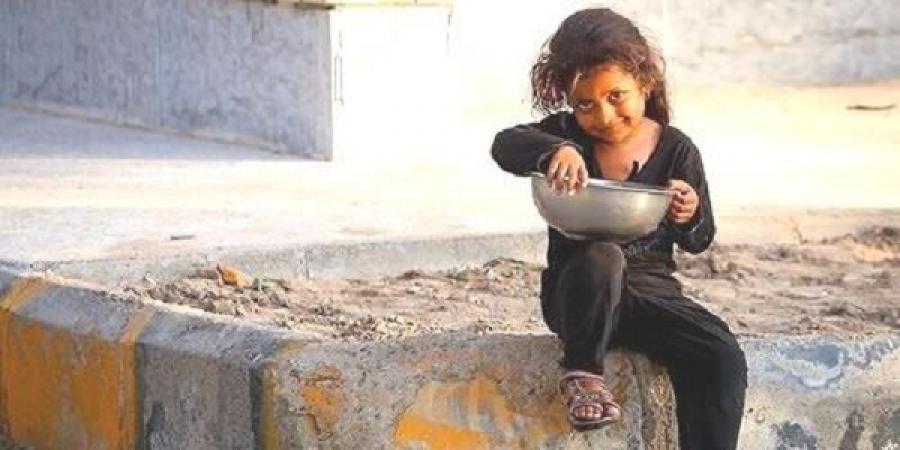
The executive director of the 17th Congress of PENSA (Parenteral and Enteral Nutrition Society of Asia) announced that 70 percent of Iranians suffer from malnutrition. Mehdi Shadnoosh emphasized that malnutrition is not just undereating, but includes overeating as well. He added, “Unfortunately, going to the fast food restaurants has become one of the entertainment activities in our society, while healthy nutrition is one of the main concerns of a healthy diet system.” Shadnoosh added that malnutrition is a significant factor in diseases such as cancer, diabetes, and kidney diseases.
Rooyesh Mellat Newspaper
♦ Rouhani’s advisor: no investments in a country where embassies are attacked arbitrarily
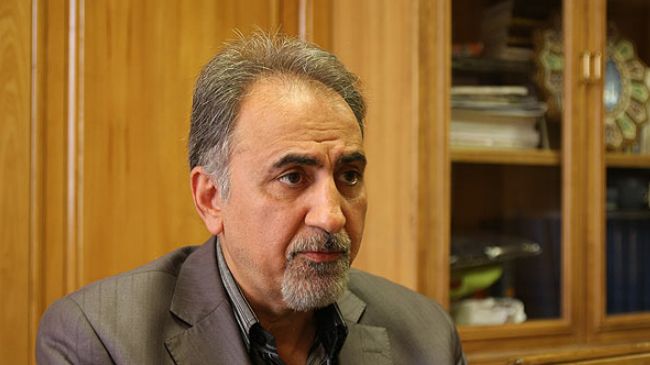
President Hassan Rouhani’s Economic Advisor said that while one of the biggest challenges in Iranian society is unemployment, “creating sustainable jobs requires investment in a politically, socially and economically safe environment.” Mohammad Ali Najafi, who was speaking at “Shahid Beheshti University” at the National Student Day, continued: “How can we expect investment in a country where an embassy of another country is attacked arbitrarily and all its documents and papers are burnt?” He added, “Some say we have 3 million unemployed people, and some say 5 million. For solving unemployment problem, we need economic growth of 8% and sufficient investment which requires a law-abiding society.”
Alef Website
♦ Opposition leader dares Iran authorities to put him on trial
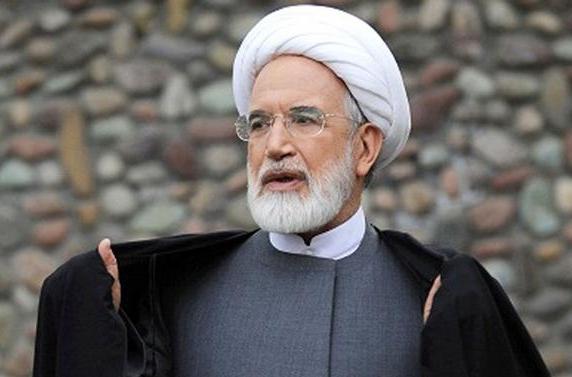
Mehdi Karroubi, former presidential candidate who is under house arrest for challenging the results of Iran’s 2009 presidential election, says that he hopes that the authorities “pluck up the courage to put me on trial in an open court.” Karroubi’s words come after the first deputy of Chief Justice of Iran said the judiciary was ready to put the “sedition leaders” on trial, only if the Supreme National Security Council changes its “directive” regarding their house arrest. Karroubi’s words were published on his son’s Facebook page. Mohammad Taghi Karroubi said that his father, per Article 168 of Iran’s Constitution, has asked for an open court 11 times so far. Mehdi Karroubi, Mir Hossein Mousavi and his wife, Zahra Rahnavard have been under house arrest since 2011.
Kaleme News
♦ Iran’s new oil and gas contracts with Shell and Total

Royal Dutch Shell and Total have signed a memorandum of understanding with Iran for developing Iranian oil and gas fields, an informed source in Oil Ministry told Tasnim News. These will be among the first oil contracts signed after the implementation of the nuclear deal. The official in Oil Ministry also said, “Shell and total will sign non-binding agreements with the Iranian Oil Ministry to develop Azadegan and Yadavaran oil fields, as well as Kish gas field.”.
Abrar Eghtisadi Newspaper
♦ Basij’s New Commander
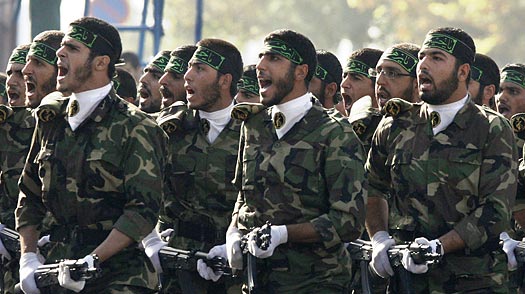
With Iran’s Supreme Leader’s decree, Brigadier Generals Gholam Hossein Gheibparvar was appointed to head of Basij paramilitary forces. In the decree, Ali Khamenei, Commander-in-Chief of Iran’s Armed Forces, admitted that the appointment was suggested by the IRGC commander, Major General Mohammad Ali Jafari. Supreme Leader has asked the Basij new commander to “observe and stop enemy penetration” by creating and organizing certain groups in Basij.
Tasnim News
♦ Iran summons the British Ambassador
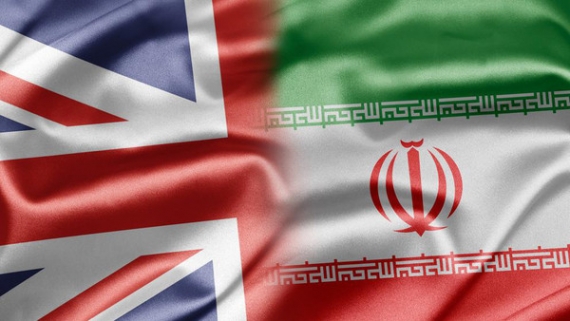
Foreign Ministry spokesperson Bahram Ghasemi said that Nicholas Hopton has been summoned, following the British Prime Minister Thresa May’s remarks in Gulf Cooperation Council summit. Ghasemi added that Iran’s strong objections to Prime Minister’s words were conveyed to Ambassador Hopton by the deputy head of Foreign Ministry’s West Europe Department.
ISNA News Agency
♦ 700 tons of drugs discovered annually in Iran

Head of Iran’s Anti-Drug Police Force, General Mohammad-Massoud Zahedian, has announced the discovery of 700 tons of drugs in Iran on a yearly basis. Zahedian who was meeting with Indonesian Chief of Police and Head of Combatting Systematic Crimes said, “So far this year, more than 450 tons of drugs have been discovered and annihilated by Iran’s anti-drug forces.”
Fars News Agency
